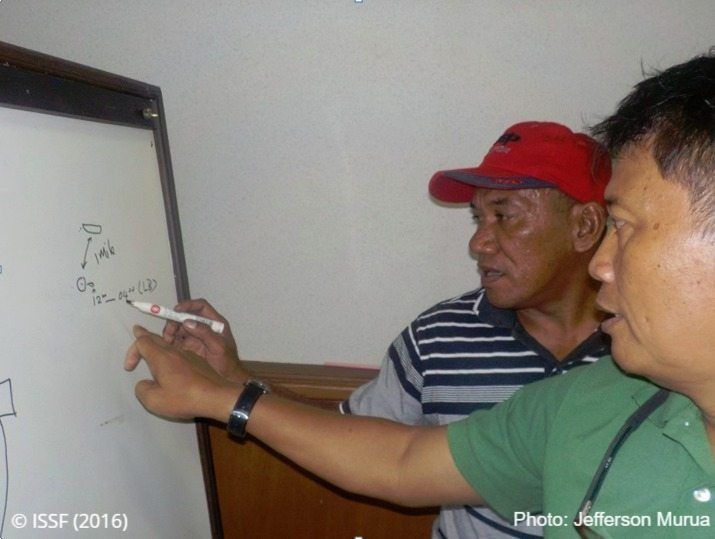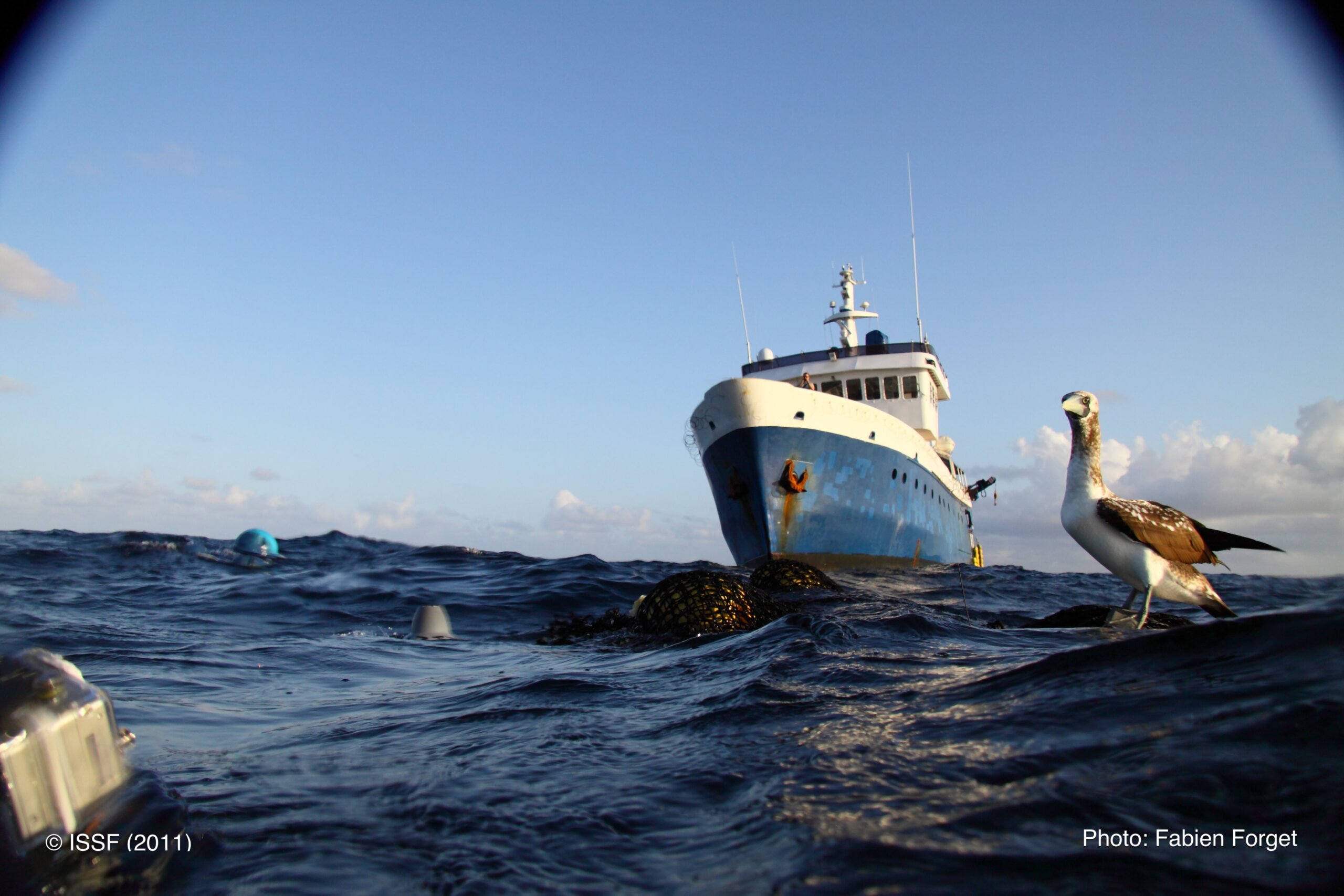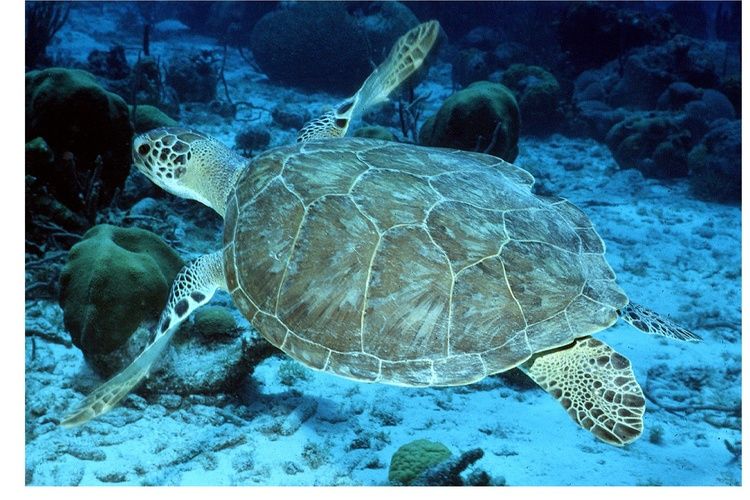
Engaging Fishers in Asia’s Small-Scale Tuna Fisheries
Dr. Jefferson Murua works in the Marine Research Division of AZTI, a non-profit foundation committed to the social and economical development of the marine environment and food sector. Dr. Murua also conducts educational workshops and research on behalf of ISSF.
Much of ISSF’s bycatch mitigation work concentrates on identifying, testing and sharing best practices for the large-scale tuna purse seine fleets operating with drifting fish aggregating devices (FADs). But ISSF recognizes that reaching fleets of smaller vessels is equally important in the effort to extend best practices for sustainable fishing across global tuna fisheries.
In countries like Indonesia, Philippines, and Vietnam, many tuna fishing fleets are made up of small purse seine vessels that principally fish on anchored fish aggregating devices (AFADs) within their national waters. Though smaller, these boats are plentiful and together comprise a significant portion of the Western Pacific Ocean tuna catches.
Because of their size, use of basic technology and their high catch-retention rates, many of the bycatch mitigation options designed for large purse seiners — pre-estimation of species composition with high-tech echo-sounders, for example — are not applicable to these vessels. For this reason, ISSF has been closely collaborating with these AFAD fleets since 2012 to understand their particular fishing practices, utilization of non-tuna species, and methods of bycatch release —and also to find potential bycatch mitigation methods for sensitive species like sharks.
In close collaboration with the Indonesian Center for Fisheries Research and Development (CFRD), ISSF has established a “train-the-trainer” program in Indonesia for the first time. This program trains a group of local CFRD fisheries scientists to conduct educational ISSF skippers workshops in the skippers’ local, native language, Bahasa Indonesian. The workshops invite fishers to discuss their interaction with bycatch species and show them ways to reduce such unwanted catch.
In September, ISSF and CFRD scientists conducted workshops in six principal Indonesian tuna ports — Jakarta, Benoa, Bitung, Kendari, Sibolga and Banda Aceh. Over 200 captains attended the workshops, which is required for ISSF participating companies by ISSF conservation measure 3.4 Skipper Best Practices.
Because the Indonesian tuna purse seine fleet comprises thousands of boats that are widely dispersed along the many ports of the Indonesian archipelago, having a dedicated team of national scientists available is vitally important if we are to reach out to a significant portion of the fleet. The plan is to increase the number of workshops and ports visited for 2017.
Also in September, ISSF-supported scientists met with the Vietnamese purse seine tuna fleet for the first time, holding a skipper workshop at the port of Quy Nhon with the help of the national tuna association (VINATUNA) and canneries like FOODTECH. More than 40 captains participated in the workshop, providing scientists with key background information about the fishing gear and methods they utilize in their daily operations.
The workshop was highly productive for both scientists and fishers, and both sides were enthusiastic to continue to collaborate in developing the best sustainable practices for the Vietnamese tuna fisheries.
Read Dr. Murua’s article “Knowledge Exchange with the World’s Tuna Fishers” in MarineScienceToday.com.


